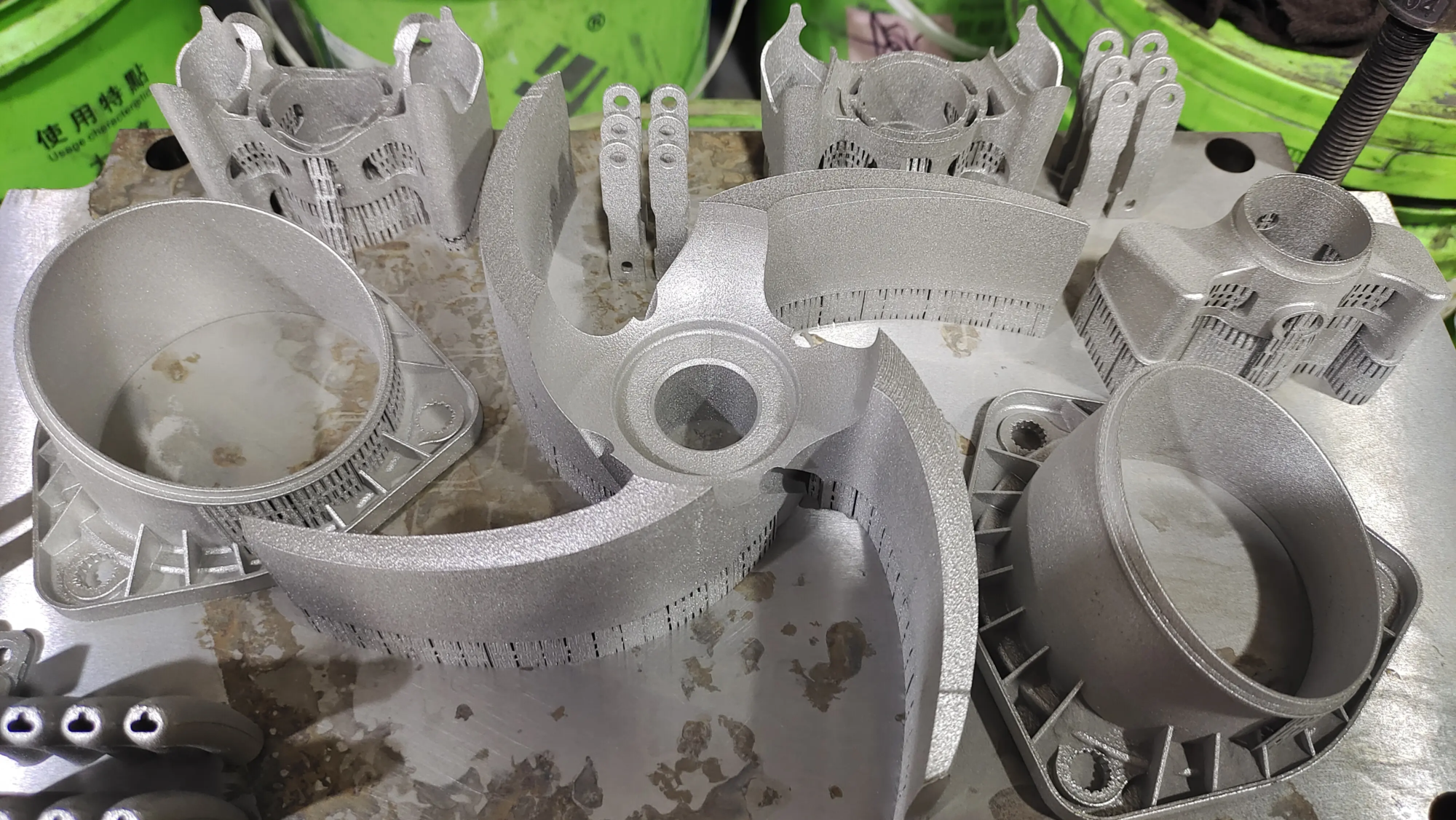|
On May 19, 2025, according to the Resources Library, Pinprint, a startup founded by the teacher of Stanford University and Co -founder of Carbon, recently announced that it had received strategic investments from Florida Drug Livily Company Continuity BioSciences.
The company focuses on the development of microneedle without needle -based 3D printing technology, offering a new non -invasive means of administration for drugs and vaccines.
Technical breakthrough
This micro-light patch is manufactured by high-precision 3D printing technology and can directly penetrate the surface of the skin and provide drugs to the dermate cell rich, without the need for syringe or painless inoculation. Compared to traditional injection methods,
This method not only improves the effectiveness of the vaccine, but also simplifies the storage and use process, and should completely change the current vaccination and drug treatment model.
3D printing of microseedles of complex geometric shapes. Image: University of Stanford
Pinprint Core technology comes from many years of research results from Dr. Desimone at the University of Stanford, the University of North Carolina in Chapel Hill and its early Carbon startup.
The “continuously injection continuous liquid interface production technology” (ICLIP) developed by its team has solved the problem of excessive resin in 3D printing of microstructures, and has successfully created micro-lidic and microfluidic channels with complex geometric shapes, providing a basis for the manufacture of precision of personalized medical equipment.
Request prospects
The biosciences of the continuity of investors previously focused on the administration systems of drugs implantable for chronic diseases, and thanks to cooperation with Pinprint, the company will extend toNon -implantable and minimal medication delivery platform。
“This collaboration allows us to extend long -term implementation technology to a more flexible and practical epidermal medication system, especially in many areas such as dermatology, medical beauty and vaccines.
The R2rClip system of Desimone Laboratories works from right to left. Printing occurs under the red zone. Image: Desimone laboratory
While global medical technology is developing towards personalization, the slightly invasive and durable directions, the concept of pinprint of “medical care based on spatch” has drawn generalized attention.
This platform will not only be used for the administration of drugs in the future, but also has the potential to collect subcutaneous body fluids and to monitor biomarkers (such as blood sugar or immune response), paving the way for telemedicine and continuous health surveillance.
Desimone stressed that the density of immune cells in the dermis of human skin is much higher than that of muscle tissue. If this layer can be precisely targeted, the dose of the vaccine can be considerably reduced, which is particularly critical for the distribution of vaccines in public health events. “The largest producer of world vaccines told me that the biggest obstacle to vaccination is not technology, but the fear of people to take photos.” “”
Renee Ryan, CEO of Pinprint, said that the addition of Venugopalan would bring the rich experience of the company in the field of drug delivery, helping the company to carry out technological breakthroughs in many areas such as medicine, dermatology and beauty.
|





